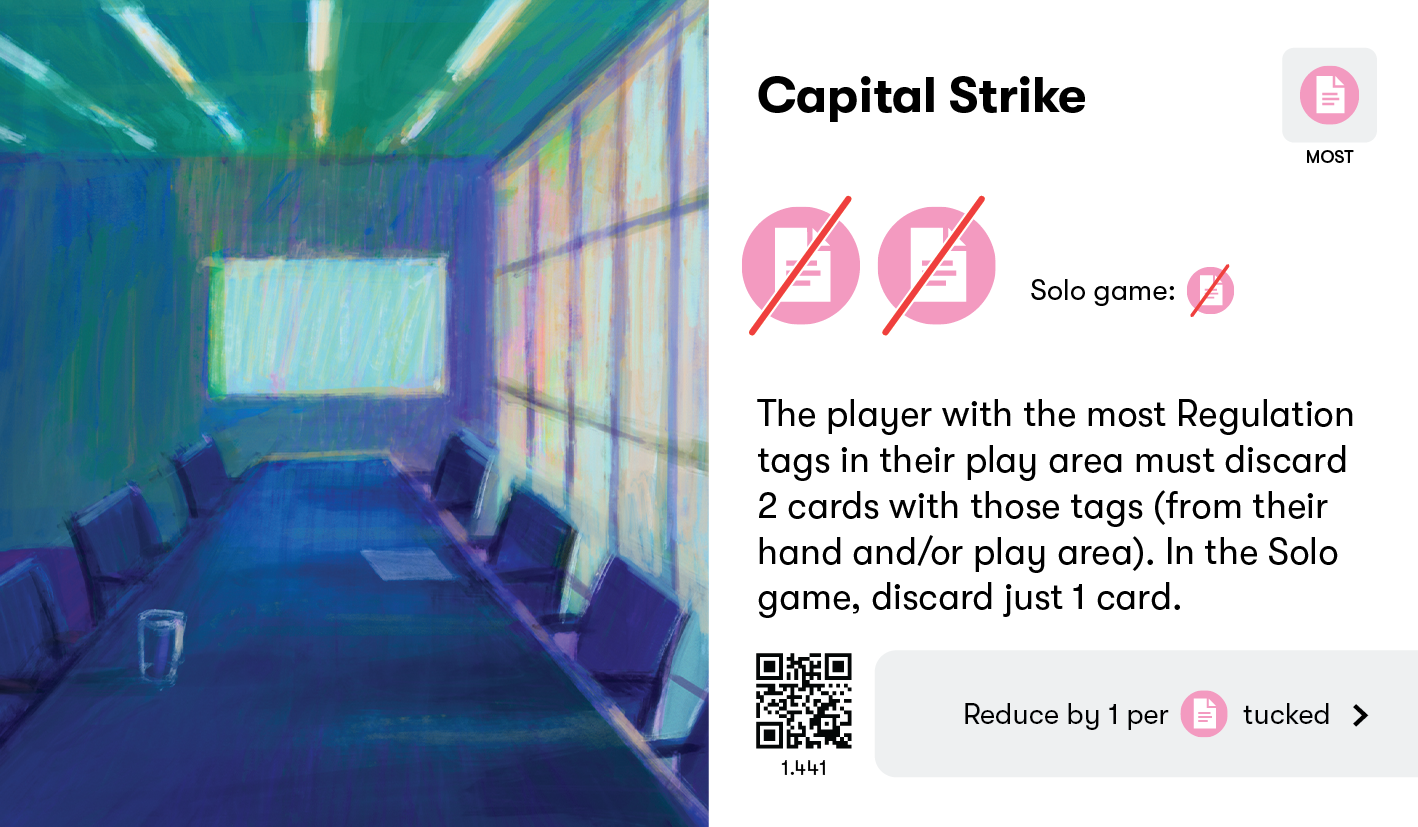Capital Strike
Crisis
In most countries, the economy is largely made up of private companies. This means the private sector is mostly responsible for employing citizens and making investments in the economy. As a result, governments are partly reliant on private companies for realizing key goals for society. This arrangement gives private companies and the people who invest in them power over governments.
Throughout history, this power has been used to oppose government policies. This has been done through ‘capital strike’, where companies stop their investments in an economy or one part of it. In this context, ‘capital’ means wealth in the form of money or other assets. These investments can also be withdrawn entirely - called ‘capital flight’ - such as financial investors taking their money out of a country. Whether by strike or flight, withdrawn investments will lead to jobs losses and other impacts that are often blamed on the incumbent government.
The huge changes needed to tackle the climate emergency are opposed by many companies who profit from the fossil fuel system or who are not taking responsibility for moving their operations away from fossil fuels, and they could use their power to oppose democratic action. This power can be weakened by having less money in politics, a diversified, fair banking and money system, and more democratic decision-making processes, like citizens’ assemblies.
The player with the most Regulation tags in their play area must discard 2 cards with those tags, from their hand and/or play area. In the Solo game, discard just 1 card.
If this Crisis was face up during the Local stage and players tucked Regulation tags under it, this effect can be reduced by 1 for each card tucked under this card.

Capital strike (Wikipedia)
Capital flight (Wikipedia)
Searching For A Safe Harbor; When Investment Capital Goes On Strike (The New York Times)
How a President Bernie Sanders Could Take on Wall Street (Jacobin)
Join a citizens assembly or other community-lead panel to help make decisions in your area.
Join a stakeholder bank or shareholder action group like ShareAction.